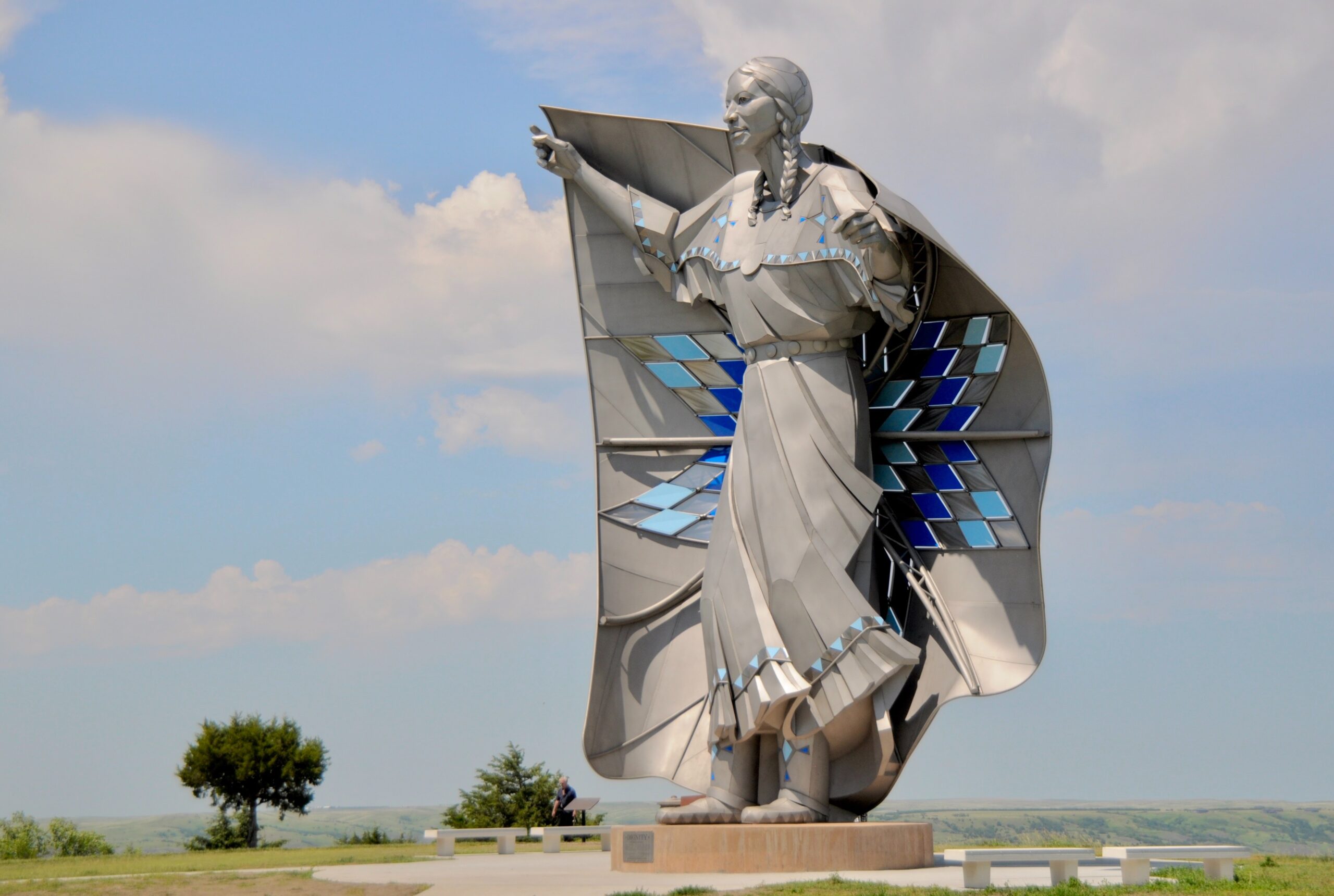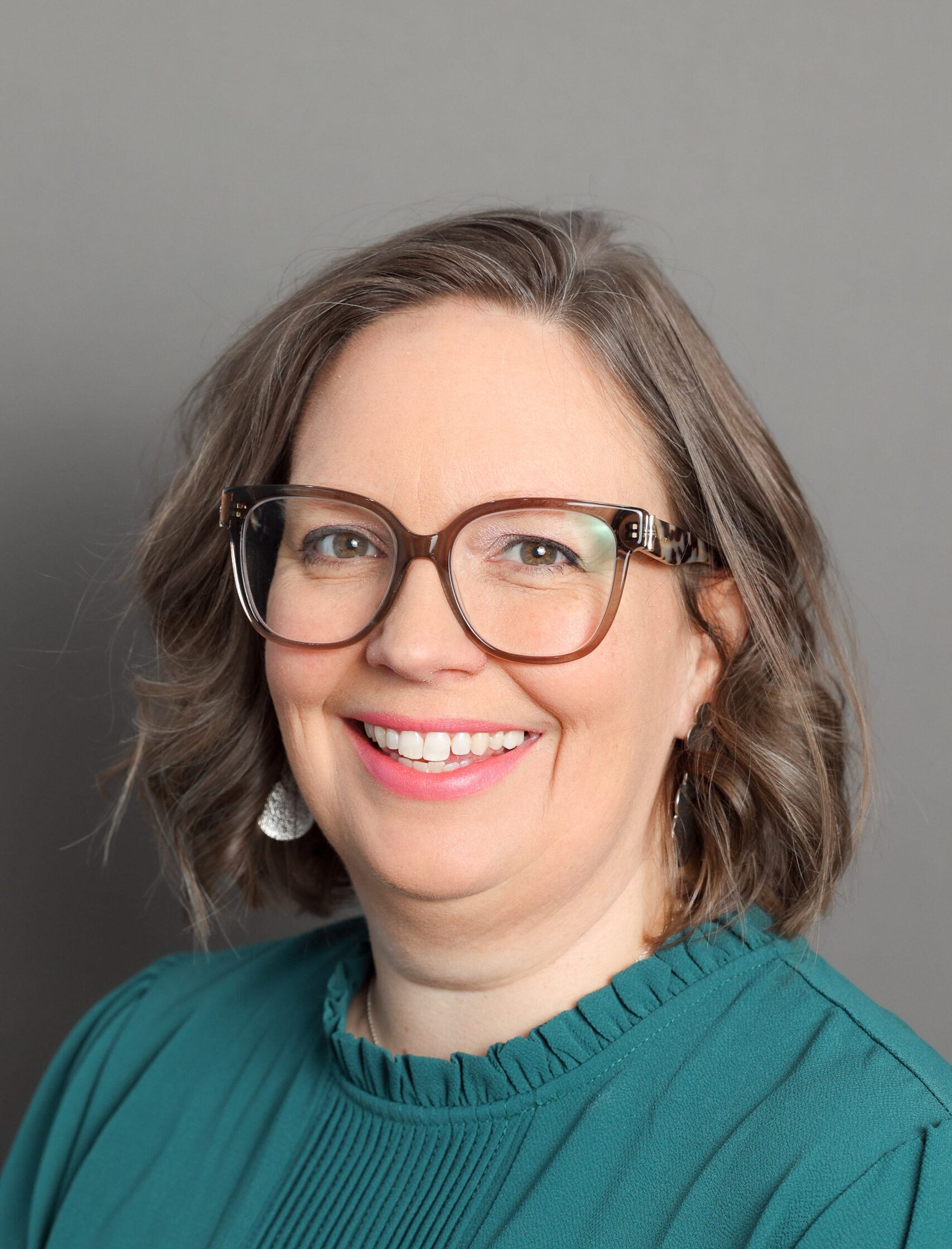In the United States, Indigenous Peoples’ Day, celebrated on Oct. 9, 2023, is set apart to honor Indigenous American peoples and commemorate their histories and cultures. It is an intentional shift from celebrating the perpetuation of white settler colonialism and exceptionalism to honoring the resistance and contributions of the Indigenous peoples of the Americas who, despite forced assimilation, discrimination and genocide, are still here.
My journey
I grew up in eastern South Dakota. My family farms many acres of land that are the ancestral, traditional and contemporary home of the Oceti Sakowin (oh-CHEH-tee shaw-KOH-we), meaning Seven Council Fires, which is the proper name for the people referred to as Sioux.
I lived within a short drive of the Flandreau Santee Sioux Tribe’s reservation land. I learned Native American history and culture through the stories and voices of white, primarily Scandinavian immigrant settlers. I did not learn about boarding schools, forced assimilation or massacres like the one at Wounded Knee. I learned how to “other”; how if they wanted to have what we have, they should become like us.
My journey over the last 10 years has led me to understand that I have much to learn and unlearn about white supremacy culture. I want to better honor, celebrate and respect Indigenous wisdom and culture and to remain humble and curious.
I’ve recently had the space to sit in circles and share meals and platforms with incredible Indigenous leaders. Invited into homes built in the 1950s for Lakota families in rural, isolated places without running water, I’ve felt the instability of housing with shifting foundations and unstable roofs that barely withstand the harsh South Dakota winters. I’ve heard the heartbreak of being invisible and having children and grandchildren stolen. I’ve cried with teachers who’ve lost 10-year-olds to suicide and witnessed the lasting impacts of the intentional erasure of a people.
Yet, when I sit in these spaces and share meals and platforms, I hear and see people living out their values, proclaiming, “we are still here.” In these spaces, I hear about relatives helping relatives, bold statements like “we are all relatives,” and the importance of building trust between neighbors. I hear about communities that put the needs of elders and the very young before the needs of others. Nations with resources are opening their doors and warehouses to support citizens of any nation, including those that have and continue to perpetuate harm. In these spaces, I also hear areas where, as a grantmaker, I can support the strengthening of mutual assistance and provide connections to resources, financial assistance and expertise.
Grantmaking values
As a grantmaker, when I listen and learn from Indigenous leaders in spaces after a disaster, I hear subtle but clear requests to partner, to slow down and build trust, and to work toward change.
There is a desire to have the funding, materials and capacity support to rebuild and repair homes. There is a desire to develop more vital economic outcomes for community members. Flexible, community-centered funding is needed to provide shelter, food, education, childcare, vocational training and equitable recovery.
It’s in our work alongside Indigenous-led organizations where CDP values of integrity, boldness and innovation, humility, and empathy are shaped and lived out. These values are similar to the Lakota values of generosity, kinship, perseverance, wisdom, honesty, humility and respect. I have much to learn and unlearn about how to engage in these sacred spaces where culture, race, history and mistrust meet. I am learning and unlearning how to right-size urgency, how to take time for the story and the voice of every person in the room, and how to listen to those voices and act with and not for them.
A call to reflect
For me, Indigenous Peoples’ Day is an opportunity to reflect on history and be reminded of the current reality of inequitable systems. It’s also a day to stop and listen to the voices of Indigenous leaders. I want to share a few of those voices and resources with you today; there are many more out there: Native Americans in Philanthropy, Native Governance Center, NDNCollective, Native Ways Federation and Decolonizing Wealth.
Today, I urge you to listen with humility and curiosity, willing to learn and unlearn. Don’t just do this on Indigenous Peoples’ Day but throughout the year. And then, after you have listened profoundly and done your internal work with humility, act in ways that increase belonging, build trust, move toward equity and justice, and create a better world for those who will come after us.

